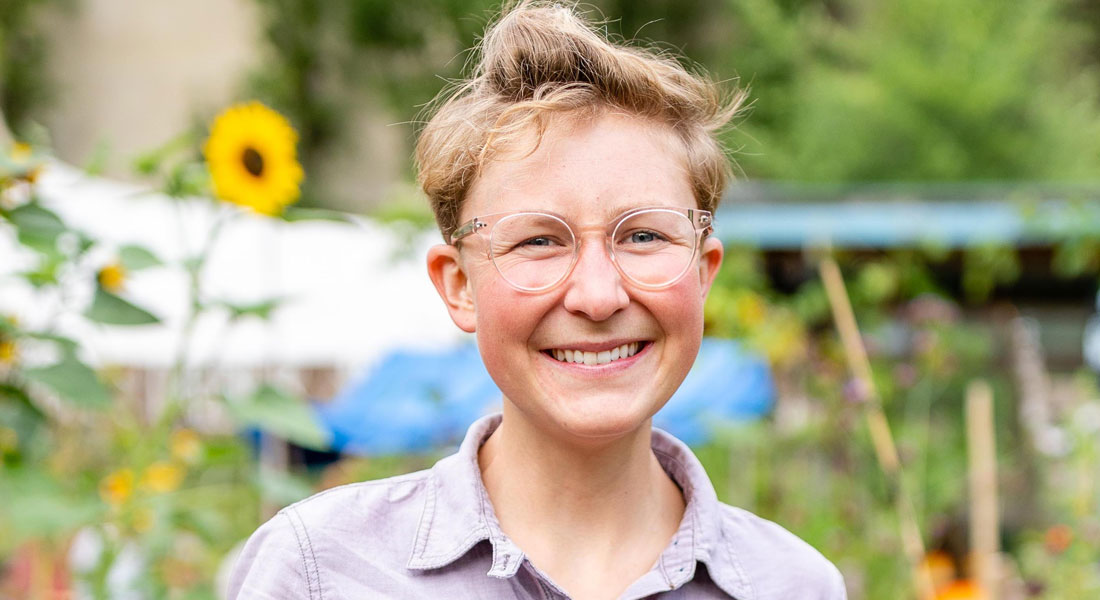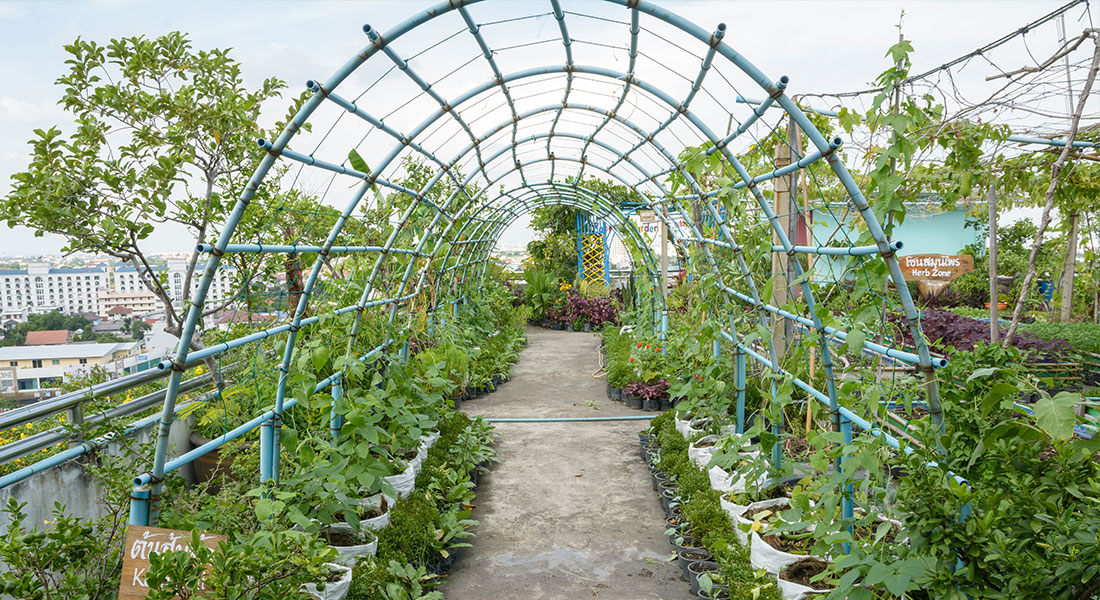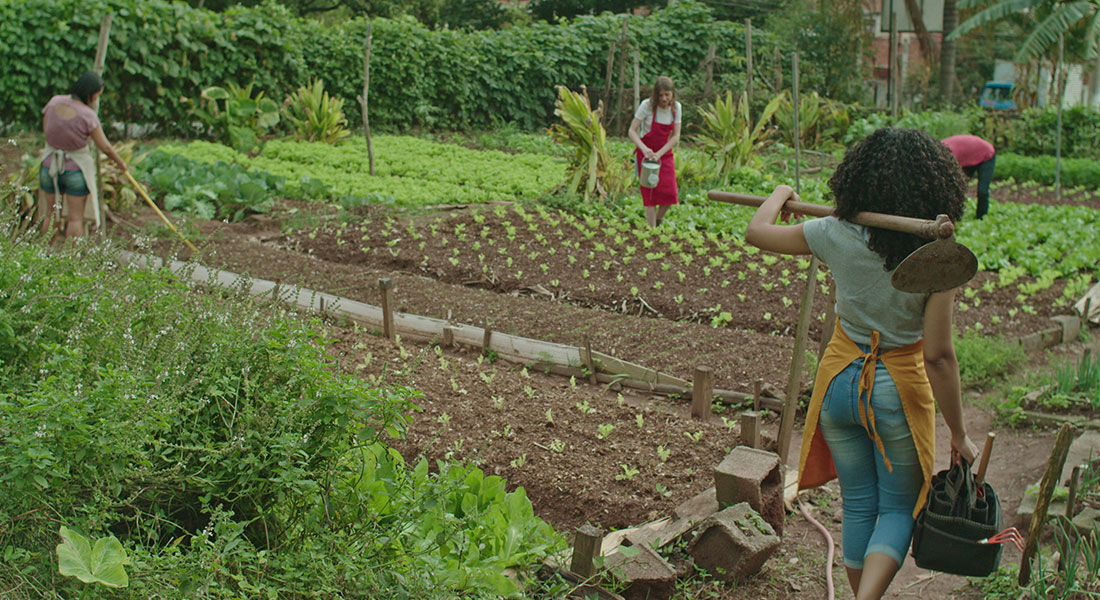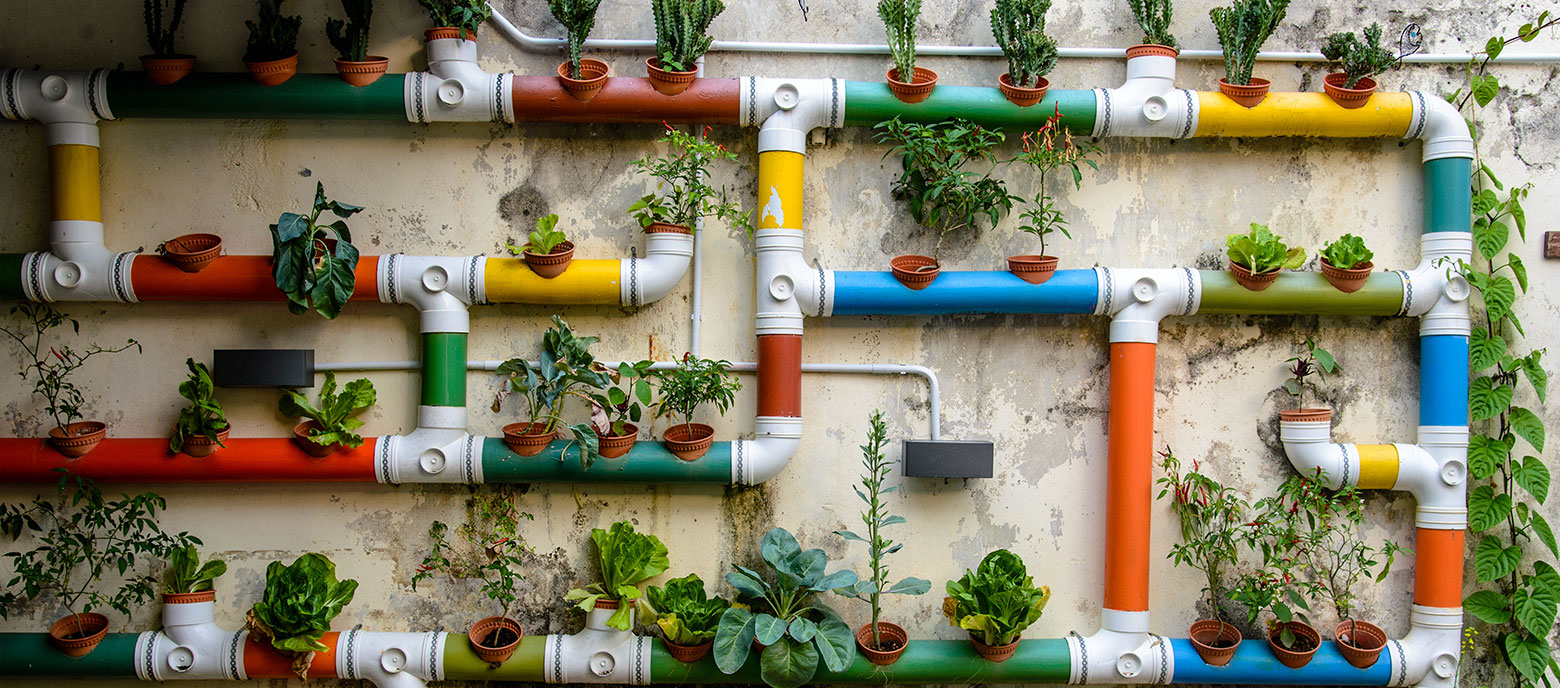Interview
‘A community garden is a microcosm of society’
Professor Egerer, you’re researching urban ecosystems. What exactly does the term mean?
Urban ecosystems include parks, gardens, green roofs and facades, woods of all sizes, and watercourses and lakes in cities. They are places where plants grow and animals live. And they are especially important for a healthy urban climate.

How do green spaces benefit biodiversity in cities?
Urban ecosystems are important for the biodiversity of flora and fauna in cities because they provide food and protection. They can even be small hotspots of biodiversity. Insects use flowering plants in parks and gardens, and in containers on balconies. Birds and bats use trees for nesting. This shows that large habitats in towns and cities are very important, and also that small habitats can act as ‘stepping stones’ for animals in urban environments.
How important are these ecosystems, particularly in the Global South?
Many cities in the Global South are densely populated, and urbanisation is growing rapidly. Green areas are shrinking. This is a problem, because the Global South is often heavily affected by the impacts of climate change. However, green spaces help to reduce the heat in cities, for example. Roadside trees create shady urban corridors where people can still walk even if temperature rises above 50 degrees Celsius.

Are green spaces also safe spaces?
Gardens are regarded as safe, especially by women. Particularly if gardens can be closed off, they offer protection from street crime, which is a major problem in many cities. However, women tend to feel unsafe in parks at night. So whether a green space is regarded as safe always depends on the context.
Do urban ecosystems contribute to social justice?
If they are well distributed around the city and are accessible to everyone, then they definitely do. They provide city-dwellers who don’t have their own garden with access to peaceful green areas where they can feel close to nature. Urban community gardens offer people who can barely afford fresh food any more the opportunity of growing their own healthy fruit and vegetables.
How can urban gardening create a sense of community spirit?
Urban gardens are places where people meet. Of course, you meet people all over the city, but this doesn’t mean that you have meaningful social interactions. It is precisely in cities that many people feel lonely. This affects the elderly, in particular. But more and more young people are also becoming socially isolated. People talk to one another while they are gardening, and many build friendships. This creates a community spirit and is also beneficial for mental health.

Does urban gardening also foster social cohesion?
A community garden like this is a microcosm of society. People meet who have completely different background and views, and they have to agree on a set of rules for everyone, for instance when allocating scarce water resources. They have to find solutions together. In the best case, they come to understand other perspectives and learn from one another. This can certainly have a positive impact on the social climate. Another very important experience is realising that we can achieve more together, to combat global challenges such as climate change and biodiversity loss.
What opportunities do projects like this offer to disadvantaged population groups?
Studies show that people who belong to social minorities can use projects like urban gardening as a political space. While working together, they can present their viewpoints and explain and discuss them with others. This provides an opportunity to share their concerns in a public sphere. Non-governmental organisations therefore specifically work to integrate disadvantaged groups into such projects. So urban gardening can give people a voice who would otherwise not be heard.
October 2022
